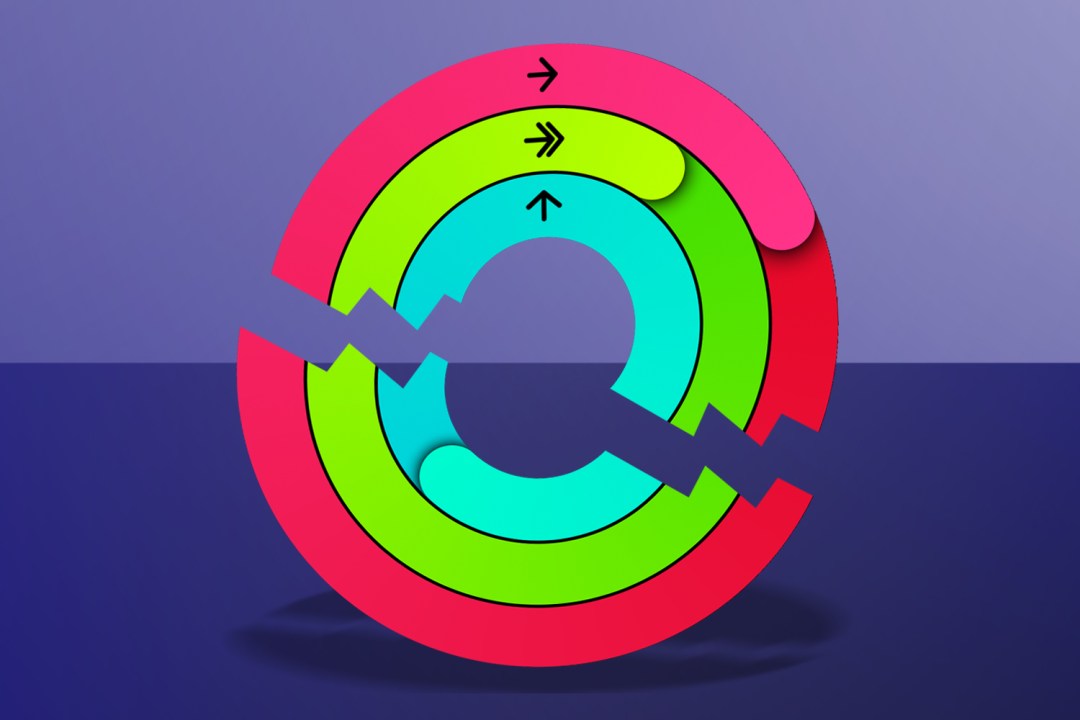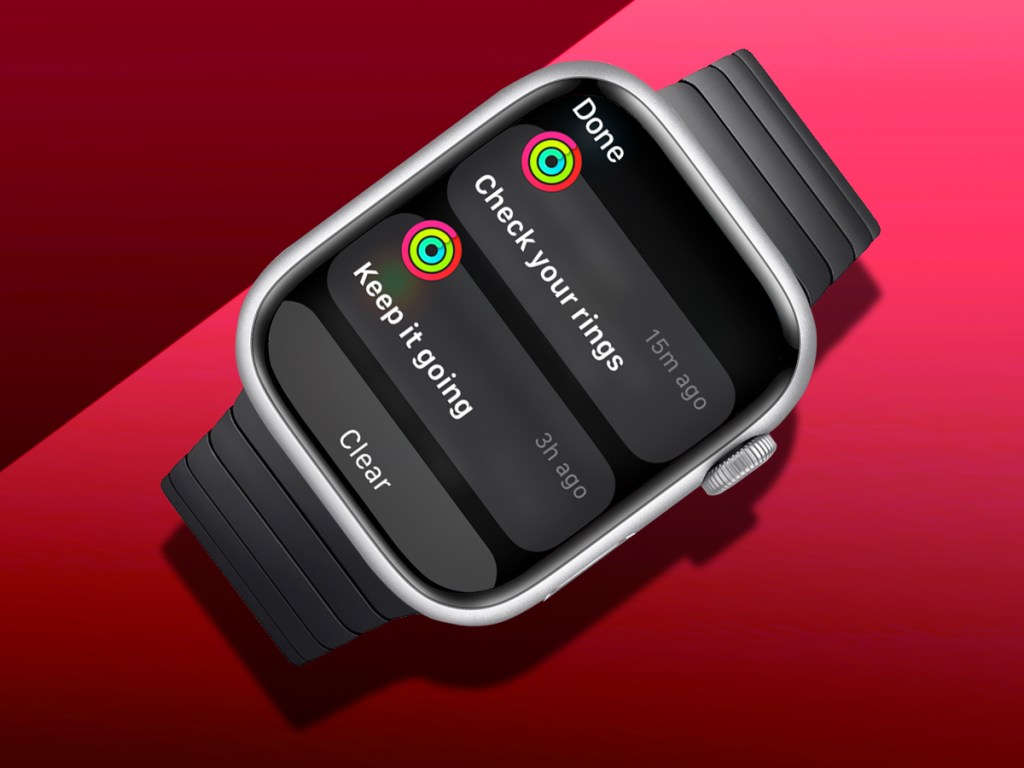I lost my Apple Watch streak – here’s why it should have more humanity
Streaks systems too often don’t recognise the complications of people and life – but they should

I lost my smartwatch streak. For hundreds of days, I’d maintained a hundred percent move/exercise/stand record. But as midnight approached, I spotted too late I lacked time to log enough exercise. Despite having had an elliptical trainer session that morning, which my Apple Watch had duly ignored. Fume.
I know. In a list of first-world problems, this is one of the first-worldiest. It’s a bit obsessive to care to the level I do about maintaining a streak. And it’s a bad sign my immediate response to losing it was something my iPhone’s autocorrect would interpret as “duck it, then”. Yet I found I’m not alone.
Friends had similar stories to tell about how gamified systems designed to be good for you gave them a lift – until they didn’t. Most involved tales of sickness, followed by demoralisation when it became clear a streak would be broken. Many then avoided streaks altogether, lowering activity levels – the opposite of what these systems are designed for.
Rings of power

The problem is the thin line between encouragement and assuming everyone is a robot. At best, Apple’s exercise system wants you to maintain a strict 100% record, forever. And it periodically nags you if you’re not improving your stats. Ran a marathon the previous day? “Your rings are usually further along by now, you slovenly disappointment!” 97% full of snot due to flu? “Get up, lazybones! Or I will hurl your streak into the sun!”
What’s the end game? Your Apple Watch still nagging because you’re not running flat-out 25 hours a day? And it’s not just Apple. Many other gamified services, from exercise to educational apps, are similarly inflexible. Yet if they’re going to leverage the same reward mechanisms games employ, they shouldn’t be based around brutal all-or-nothing titles from the 1980s, which mostly combined entertainment with repeatedly punching you in the face. Or, if they are, they should take a leaf out of Defender’s book.
Defending recovery
That Eugene Jarvis shooter flipped Space Invaders on its side, added scrolling and pyrotechnics, and tasked you with saving humans dotted about a planet’s surface from being abducted by aliens. It was brutally hard, and further drove the message home when you lost all your people, the planet exploded, and the aliens all went bonkers, scything across the screen at speed and making it very clear you were about to die.
But Jarvis was smarter than the average game developer. When I chatted to him years back, he explained Defender was not a game with an “inexorable downward slope or resource starvation and destruction”. Instead, he wanted it to mirror life, “with a cyclical feel”. So every five levels – even if the planet had previously exploded – you got your people back. “There’s a feeling of redemption,” he said. “Knowing there’s always the chance of a comeback gives the game a richness – and that keeps you going.”
Being human

And that keeps you going. That was key to Defender in 1980 and can be applied to streaks systems today. It might be ‘cheating’, but for people who get a lot out of a streak’s mere existence, why not provide options for recovery? Why not recognise our lives and days vary, and that sometimes it’s impossible to do the things you’d planned to do? Why not be less prescriptive and, well, more human?
Some apps are halfway there. Duolingo offers streak freezes, although they exist somewhere between revenue generation and reward for previous consistency. The suitably named Streaks app has a better approach. Its streaks are based on you performing a task a certain number of times during a set time frame and you can pause and later resume any defined goal.
Perhaps the folks behind other apps and services can use Streaks to start their own streak. Maybe call it “be human”. Although something tells me they’d get nowhere near 100%.



